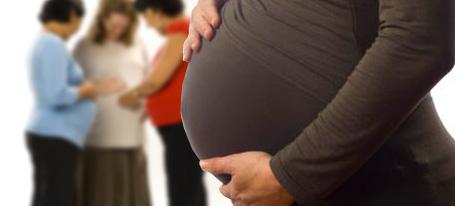Antenatal Screening for Down syndrome and Other Conditions

Screening can provide some information about the chance of your baby having Down syndrome or another condition. The screening options available provide a risk estimate for Down syndrome (trisomy21), trisomy 18 (Edwards syndrome), trisomy 13 (Patau syndrome) and some other rare genetic disorders.
Screening options
There are two screening options available for women in New Zealand, who are less than 20 weeks pregnant.
First trimester combined screening
Is available if you are less than 14 weeks pregnant. This option combines the results of a blood test from you and a nuchal translucency (NT) ultrasound scan with other information, such as your age and weight, to give a risk result.
Second trimester maternal serum screening
Is available if you are 14-20 weeks pregnant and combines the results of a blood test from you, with other information, such as your age and weight, to give a risk result.
In this section
-
Quality improvements are intended to improve the quality and safety of screening available for women.
-
This diagram guides you through the antenatal screening for Down syndrome and other conditions screening process.
-
There are two screening options available for you if you choose to have antenatal screening for Down syndrome and other conditions.
-
Answers to some commonly asked questions about antenatal screening for Down syndrome and other conditions.
-
There is a wealth of knowledge available on the internet. Below are some recommended sites.
-

